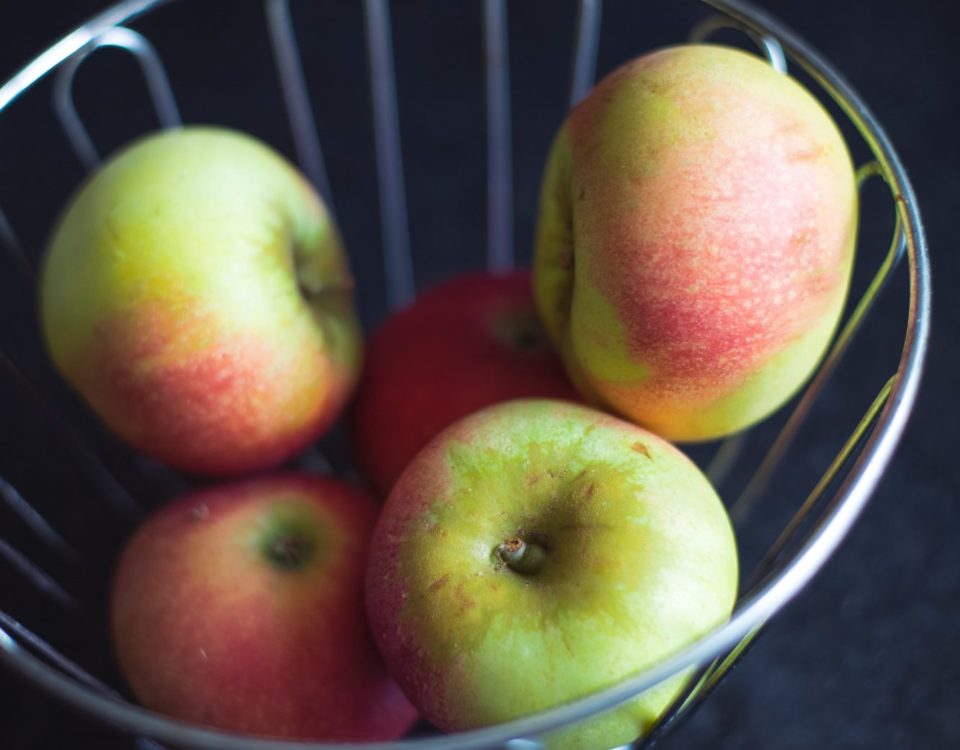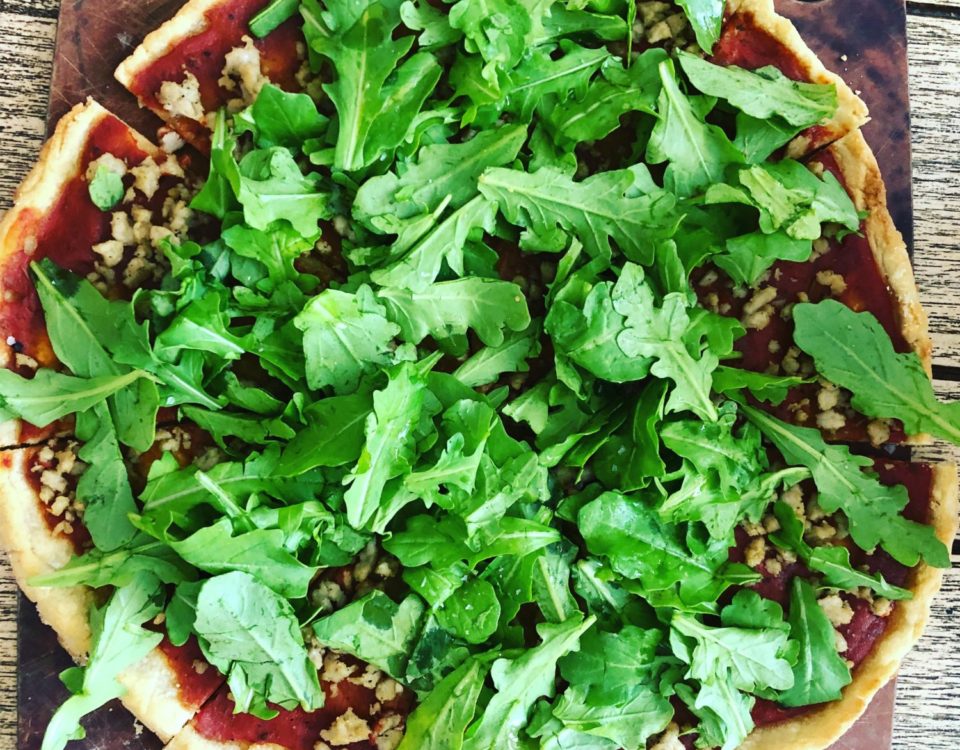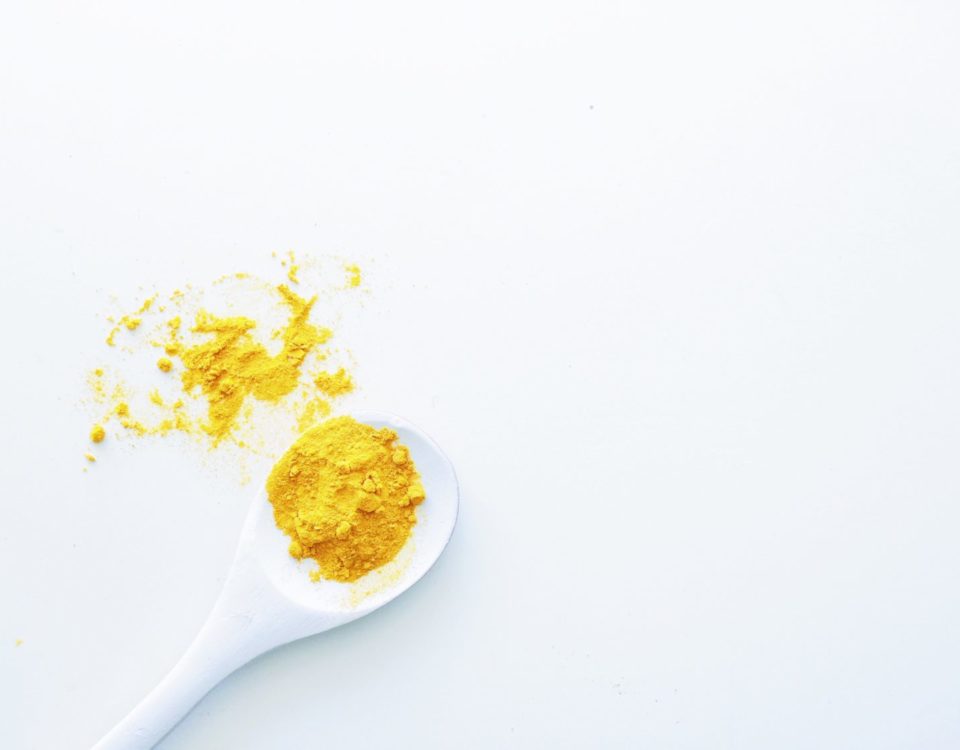POTATO WAFFLE & EGGS

I get asked everyday, ” what are the best foods to eat” and my answer is always the same, “it depends.” Yes, eating a whole food, nutrient-dense, non-GMO, plant-rich diet with healthy fats and grass-fed, organic animal proteins is the core of the Bliss Body philosophy. But many foods that fall under this whole food umbrella may not be right for you. I go over in great detail in the Bliss Body Plan why it is important for each person to determine what foods work for their body and digestive system so they can be the healthiest version of themselves.
Inflammatory (trigger) foods like gluten, dairy, corn, soy, GMO foods, sugar, and refined vegetable oils are the obvious culprits linked to most digestive, autoimmune, and brain diseases and disorders. But anything from asparagus to papaya can cause problems if you have sensitivities or allergies to a particular food. For today’s blog, I want to focus on one food in particular that causes a lot of controversy. The white potato. Is this little spud as nutritiously evil as many claim or is it getting a bad rap???? Drum roll……. In my opinion, it’s getting a bad rap.
White potatoes are the #1 food I get asked about because there’s so much conflicting information out there. The debate is real, folks and I am here to help clear things up and get the facts straight.
Facts:
- White potatoes are a whole, nutrient-dense plant food that are a rich source of vitamin C, potassium, vitamin B6 and magnesium.
- Part of the nightshade family of vegetables, white potatoes contain toxins called glycoalkaloids that may cause inflammation in some people, especially those with autoimmune conditions. Most of these glycoalkaloids are found in the skin of the potato, so peeling your potatoes is important. Exposure to light, damage to the skin, color, and age of the potato can increase glycoalkaloid content so make sure to buy fresh, intact, non-green potatoes and store them in a cool, dark place (don’t refrigerate!).
- Buying organic potatoes is a must! The average white potato has more pesticides by weight than any other food and is one of the Dirty Dozen on EWG’s Shopper’s Guide to Pesticides in Produce.
- While white potatoes have relatively high glycemic index, they have a low to moderate glycemic load. The glycemic load is a more helpful and accurate measure of the blood glucose effect of a standard serving of a food rather than a fixed amount. How a potato is prepared can effect the glycemic load as well, refer to this chart for more information.
- If you are trying to lose weight, avoid eating white potatoes. A medium-sized white potato has a hefty 33 grams of carbs, so you’ll want to skip them while you are shedding the pounds.
- Although white potatoes are one of the least allergenic foods, they can have potential gluten cross-reactivity. This concept deserves much more explanation then I am going to give here, but in a nut shell: If someone has antibodies to gluten, these antibodies may or may not cross-react with other foods, like potatoes. Your body can recognize non-gluten containing foods as one and the same. So, if you have gluten sensitivity or celiac disease and you are concerned about cross-reactivity of potatoes, you can request the Cyrex Array #4 gluten cross-reactivity panel.
- There’s a lot of new and exciting (to me, at least :)) research on resistant starches and their potential health benefits. Resistant starches are long chains of glucose that go undigested into the colon where they feed the healthy bacteria. There are 4 types of resistance starches. One type is formed when potatoes are cooked and then cooled. The cooling turns some of the digestible starches to resistance starches. Pretty cool, huh!? Read more about resistant starches here.
The Take Home Message:
White potatoes can be a healthy and addition to one’s diet, in moderation and if tolerated. First, I recommend determining if white potatoes work for your body by following the steps in the Bliss Body Plan and eliminate them for a few weeks. Add them back into your diet and see how you feel. If you have no negative reactions, you can enjoy an occasional spud. Second, be sure to buy organic undamaged potatoes with no green spots and store them properly. Finally, include them in delicious, healthy recipes like the one below and others found in the Bliss Body Plan!
Eggs and Greens over Crispy Potato Waffle
- 2 organic eggs, slow cooked or poached
- 1-2 cups your favorite greens, raw or lightly sautéed
- 1 small, organic potato, spiralized
- Extra-virgin olive oil, use Misto sprayer
- Sea salt and freshly ground pepper
- 1/4 avocado, sliced
Heat a medium skillet over medium-low heat. Grease two egg rings (if you don’t have these you can use the rings from Mason jar lids) and place in skillet. When the rings are heated, add an egg to each ring and cover. Cook slowly until top of egg is set, or it is cooked to your liking (you can remove the ring once egg is set and flip it over to cook top of egg).
Plug in your waffle maker. Thoroughly dry spiralized potatoes with paper towel. Spray both sides of waffle iron with olive oil. Add potatoes and close lid. Cook until potato waffle is browned and crispy. Place waffle on a plate, top with greens, eggs and season with salt and pepper. Garnish with avocado slices. Enjoy! Serves 1.



